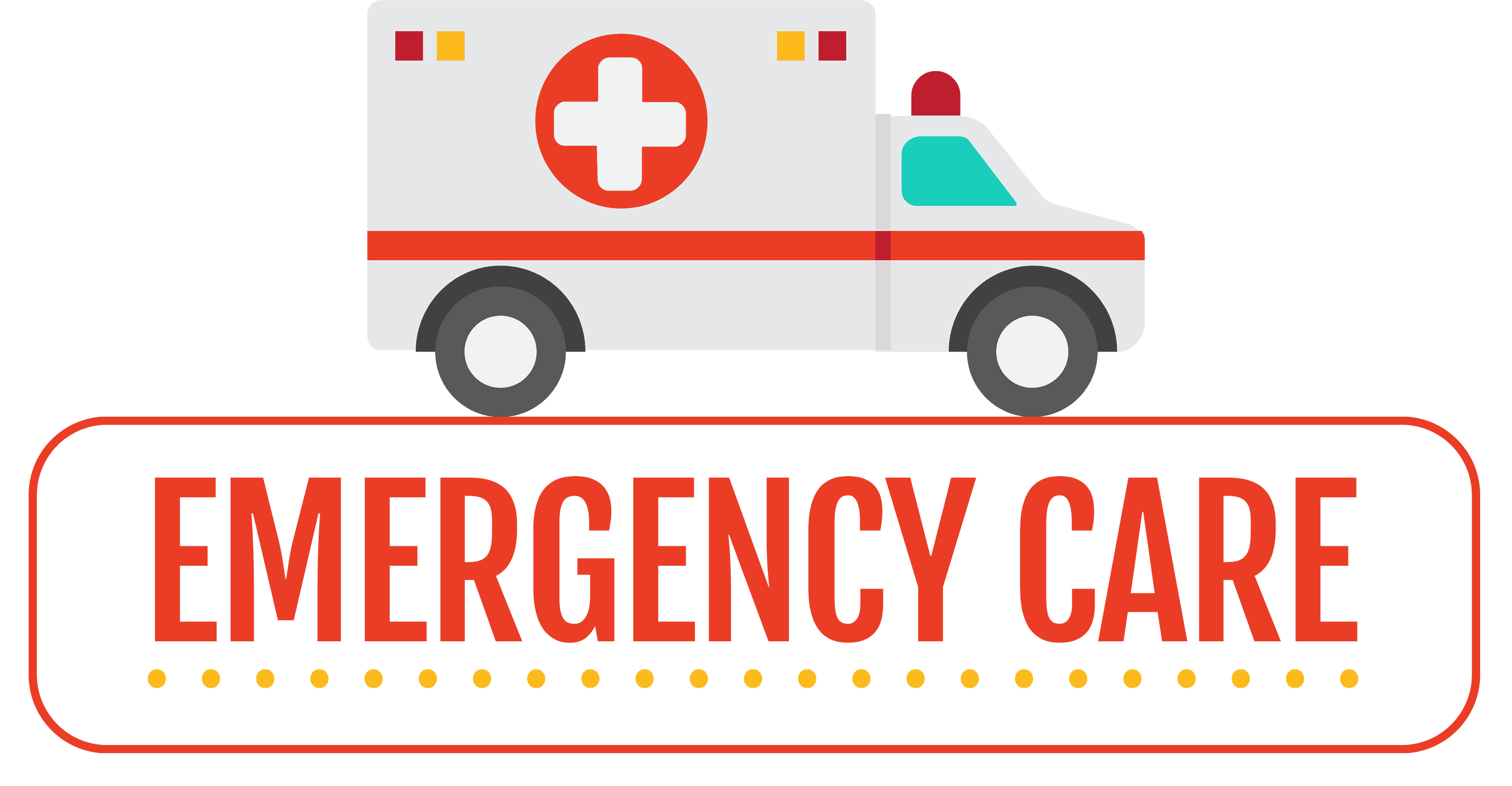When to go to the ER for back pain is an important question if you are suddenly dealing with back, leg, neck or arm pain. Back pain is a common complaint that affects millions of people in the U.S. each year. While most cases can be managed at home with back pain self-care, including over-the-counter pain relievers, hot/cold therapy and gentle stretching, it’s a good idea to familiarize yourself with back pain red flags and to understand when to go to the ER for back pain. These same signs also apply to neck pain.
There are times when back pain or neck pain is an emergency, and knowing when to go to the ER can help you ensure you get the treatment you need to avoid serious complications.
When to go to the ER for back pain: Watch for red flag symptoms
Pain in your back, legs, neck or arms can range from mild to severe, burning to throbbing, dull to stabbing. And yet, the severity of pain alone isn’t a good indicator of when to go to the ER for back pain. While severe pain can be a sign of a serious condition, most of the time even severe back or neck pain is not indicative of a serious problem and can be managed at home.
Severe pain, however, does become one of our “red flags” when it is the result of a recent trauma, such as a car accident, football hit or fall off a ladder. In such cases, acute, severe pain or worsening pain are signs of when to go to the ER for back pain and neck pain
 There are other red flags, too. Having pain—no matter the severity—that’s accompanied by any of the following symptoms warrants a trip to the ER without delay:
There are other red flags, too. Having pain—no matter the severity—that’s accompanied by any of the following symptoms warrants a trip to the ER without delay:
- Loss of sensation or movement in your legs or arms
- Loss of bladder or bowel control
- Fever or chills
- Numbness in your groin area
- Unexplained weight loss
Common causes of back pain emergencies
Why is it important to know when to go to the ER for back pain? Certain causes of back pain and neck pain can lead to long-term neurological damage or paralysis while others can even be deadly without treatment. Common causes of back pain emergencies include:
- Spinal cord injury. A spinal cord injury occurs when there is damage to the vertebrae in the spine or to the nerves that run through them. This type of injury can cause severe and sudden back pain as well as numbness and weakness in the limbs and/or loss of function, such as incontinence or not being able to move your legs.
- Spinal infection. A spinal infection is caused by bacteria entering the spine and can lead to severe inflammation and swelling in the area. Symptoms include fever, chills and severe spine pain that worsens over time.
- Severe herniated disc. A herniated disc occurs when the soft tissue between two vertebrae ruptures or breaks open, allowing its soft, gel-like center to leak out and place pressure on nearby nerves. This can lead to pain, numbness and weakness in the back, legs or arms. In some cases, severe herniated discs compress the spinal cord itself, a condition called cauda equina syndrome. This can cause severe back pain, weakness or numbness in the legs, loss of bladder or bowel control and paralysis.
When should I go to the hospital for sciatica pain?
Sciatica pain is a type of back pain that occurs when the sciatic nerve, which runs from the lower back down into the legs, becomes irritated or compressed. The vast majority of cases of sciatica pain are not back pain emergencies and can be managed with self-care measures, such as rest, over-the-counter pain relievers and gentle stretching.
However, there are rare situations when you should go to the hospital for sciatica pain. Those include when sciatica pain is accompanied by:
- Difficulty walking or standing
- Numbness or tingling in the legs
- Sudden bladder or bowel problems
When to go to the ER for back pain vs urgent care?
If you have any of the back pain red flags mentioned above—and especially if you’ve recently experienced any type of a trauma injury—call 911 or go to the ER right away.
As long as you’re not experiencing any back pain red flags, it’s safe to make an appointment with your primary care provider and then get started on these back pain home remedies. In the event you can’t get in to see your doctor in a timely manner, urgent care is always an option. An urgent care provider can evaluate your condition and rule out any back pain emergencies, then recommend therapies to help with the pain in the short-term. If your back pain persists or returns, you’ll want to see your primary care provider for a follow-up.
Another option if you are not experiencing any emergency symptoms that indicate when to go to the ER for back pain is to come to the Neurosurgery One Spine Center. You can be seen by one of our advanced practice providers within 3-5 days who can order tests, imaging and refer you to the appropriate treatment.
When should I see a spine surgeon for back or neck pain?
When it comes to knowing when to go to the ER for back pain, if you are not experiencing back pain red flag symptoms, it’s a good idea to see your primary care provider first or one of our advanced practice providers for back or neck pain. These providers successfully treat the vast majority of back and neck pain cases. However, if your symptoms persist or your provider suspects that you require specialized treatment, they may refer you to an interventional pain management specialist or a Denver spine surgeon for further evaluation.
At the Neurosurgery One Spine Center, our Denver back pain specialists can conduct a comprehensive assessment of your back or neck pain, order imaging tests, make a precise diagnosis and devise a personalized treatment plan tailored to your needs. If you are unsure about whether or not you need to see a spine surgeon, our office is available to answer any questions you may have and help guide you to the appropriate next step.
Read More About Back Pain and Neck Pain




